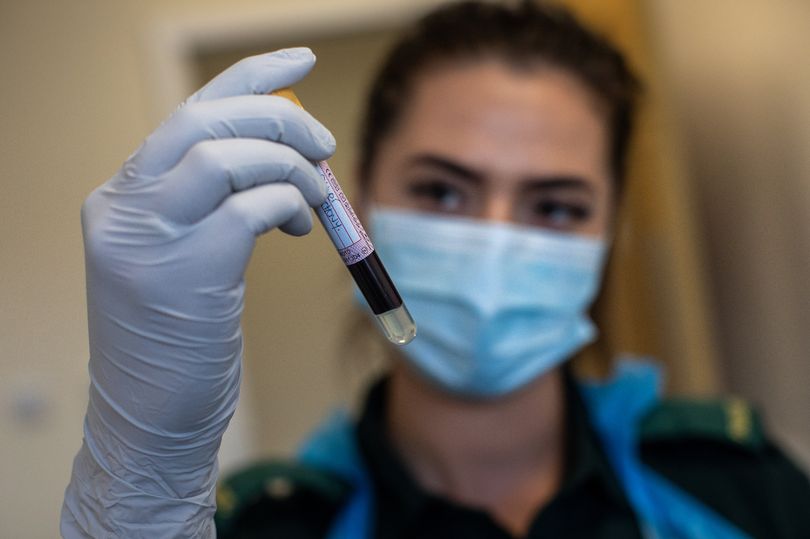Covid reveals its secrets very slowly. One of its latest revelations is that it causes blood to clot and form thromboses.
We’re discovering it’s more common and more severe than we ever thought.
In the BMJ, Jacqui Wise draws our attention to a recent Dutch study of 184 patients with Covid-19 pneumonia admitted to an intensive care unit, and found half had clotting problems.
The authors said this level was “remarkably high”, given all patients received at least standard doses of blood thinners. And other studies from France and the Netherlands suggest thrombosis occurs in up to a third of critically ill Covid-19 patients.
“The extent of thrombosis we are seeing with Covid is extraordinary,” Roopen Arya, clinical director for haematology at King’s College Hospital, told the BMJ.
“I would say that one third of those severely affected with Covid in critical care is a conservative estimate.”
Covid-19 causes massive outpourings of cytokines which induce body-wide inflammation. The liver responds by upping the production of clotting factors, explains Dr Beverley Hunt, medical director of Thrombosis UK.
“A Covid patient’s blood is enormously sticky,” she says.
“All patients in critical care are at increased risk from clots because they are immobile, and when you are sick you have sticky blood,” says Hunt.
But even in non-Covid critical care patients, thromboembolism rates can be as high as 28%, if patients aren’t given any anticoagulants.
“Thrombosis is definitely contributing to the high mortality rate from Covid,” says Hunt. “Not only can it lead to a pulmonary embolism, which can be fatal, but there are also higher rates of strokes and heart attacks.”
Are the clots in Covid patients different from those seen in other critically ill patients? Postmortems reveal clots in the tiny blood vessels, the capillaries of the lungs, and these prevent oxygenated blood from reaching the body.
Hunt says: “We are not only seeing high rates of deep vein thrombosis and pulmonary embolisms in Covid patients, but we are also seeing immunothrombosis with lung destruction because of inflammation.”
NHS England commissioned a group of experts to write a guide on thrombosis and critical care for patients with Covid, submitted on 28 April for dissemination. Hunt, who was one of the experts consulted, says she felt frustrated that this guidance wasn’t circulated to doctors promptly.
Lyn Brown, Labour chair of the All-Party Parliamentary Thrombosis Group, has told the BMJ: “Clinicians need specialist guidance as soon as possible. We need to move much more quickly to save lives.”
The Government was dragging its feet again… but at what cost?

